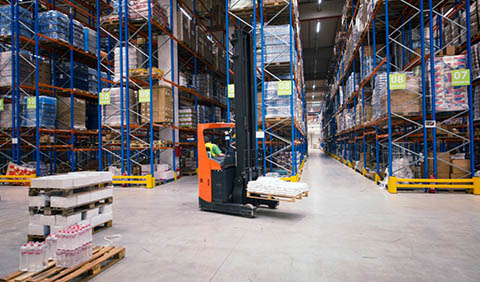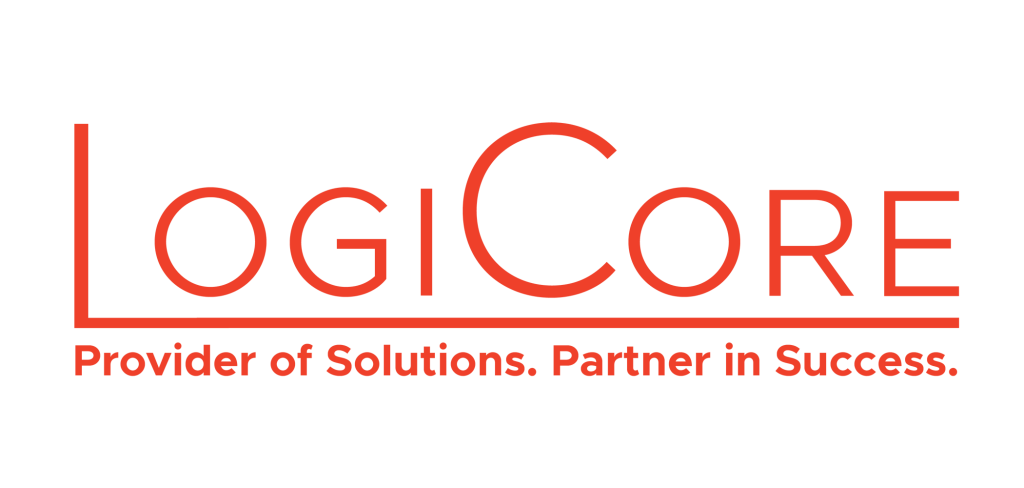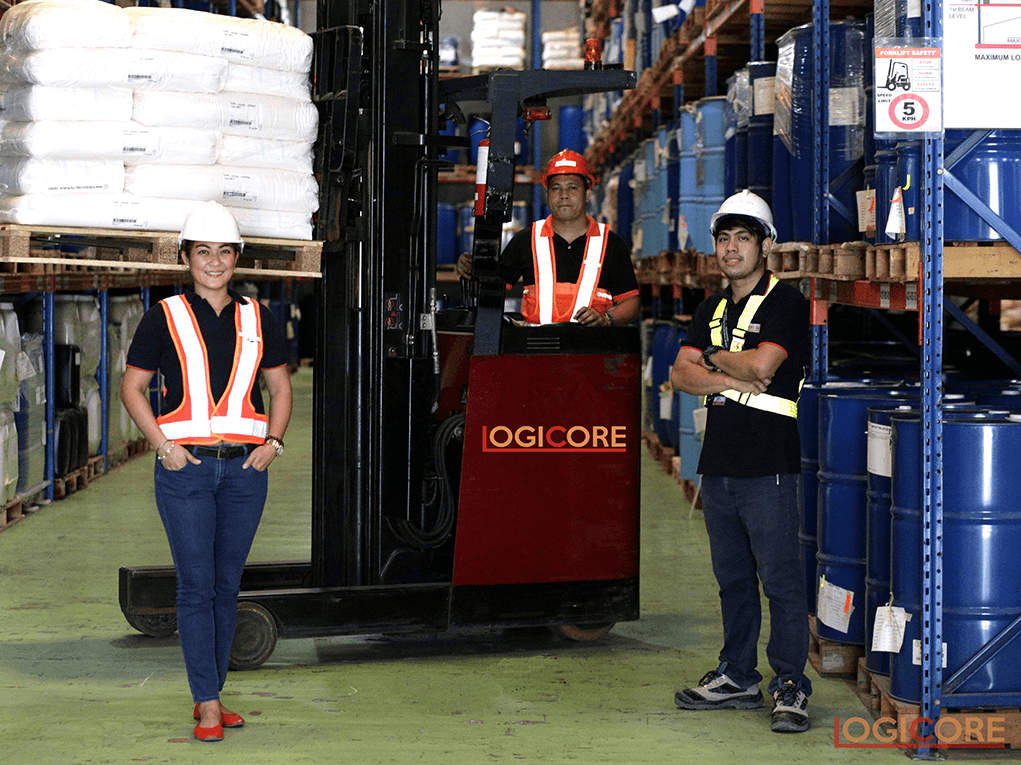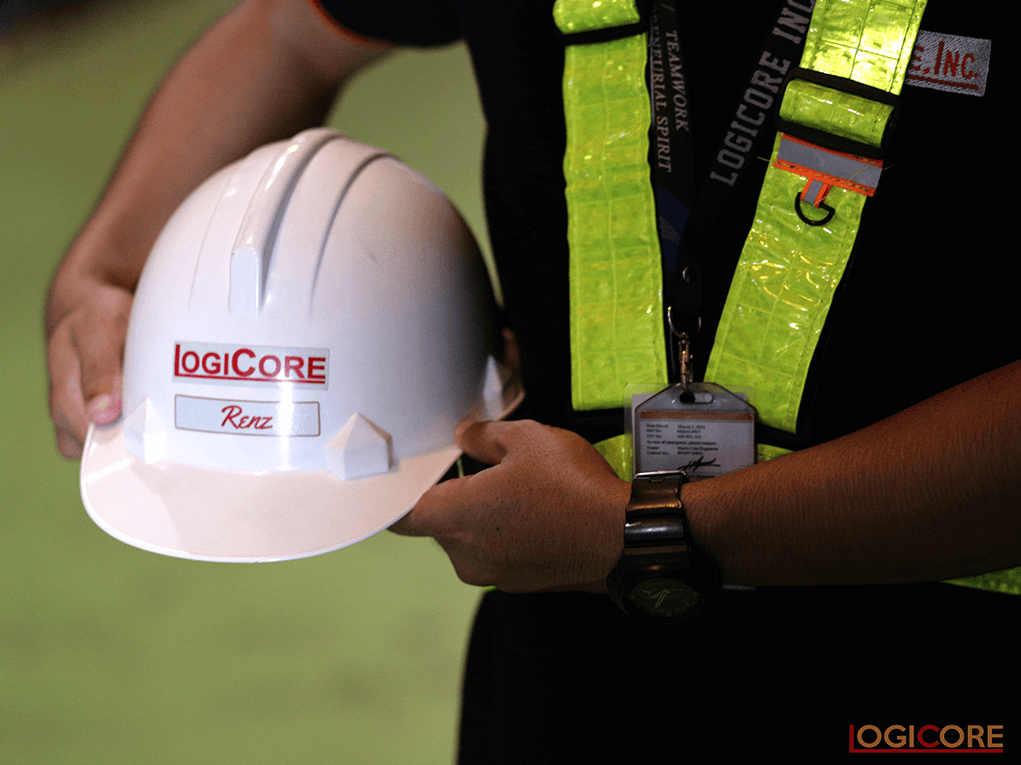Logistics management refers to the process of managing supply chain functions such as the acquisition, storing, and transporting of resources. Logistics management is responsible for the efficient and effective flow of goods from their point of origin to the point of consumption. In detail, this specific process comprises a series of logistics activities beginning with order processing, material handling, packaging, warehousing, transportation, and customer service management.
Such a process is often used for material goods such as raw materials, finished products, equipment, and machinery. Sometimes, even food or other consumable items. We’ll discuss more of these in greater detail in the latter part of this article.
Importance of Logistics Management
Those working in the logistics sector would know how pivotal logistics management is, especially today’s modern society. Its importance cannot be stressed enough, as it is, after all, the backbone of efficient supply chains and the lifeblood of countless industries. Here’s a closer look at why logistics management is so crucial.
1. Directly Impacts a Company’s Bottomline
Efficient logistics operations can lead to considerable cost savings, streamlined processes, and enhanced profitability. Optimized logistics operations can help trim your expenses while maintaining or even improving the service quality. This economic advantage is especially critical in competitive markets where even small savings can make a significant difference.
2. Essential for Risk Mitigation
Logistics management helps companies anticipate and navigate through unexpected supply chain hiccups. A well-structured logistics strategy includes contingency plans, ensuring business continuity even in challenging circumstances. This resilience is invaluable for maintaining operations and reputation.
3. Foster Collaboration and Integration with Supply Chains
It encourages companies to work closely with suppliers, distributors, and service providers, enhancing coordination and communication. This collaboration can lead to better demand forecasting, reduced lead times, and improved overall supply chain efficiency.
4. Supports Sustainability Goals
In an era of heightened environmental awareness, one of the supply chain pillars that logistics management keeps in check is efficient transportation and inventory management. When you couple this with greener options, it can reduce a company’s carbon footprint. Moreover, this helps in reducing wastage through better control of inventory.
5. Improved Customer Satisfaction
In addition to these critical points, logistics management improves customer satisfaction. Timely deliveries, accurate order fulfillment, and adequate returns management result in happier customers, leading to repeat business and positive word-of-mouth.
Logistics Management Process
Logistics management is a complex and integral part of supply chain management that involves the planning, implementing, and controlling the flow and storage of goods and services from their origin to their final destination. The process can be broken down into several key components, each of which plays a crucial role in ensuring the efficient and effective movement of products:

Planning and Strategy
As with any other process, logistics management begins with strategic planning. This is the first step wherein organizations set objectives, define customer requirements, and establish key performance indicators (KPIs). This phase involves the alignment of the company’s overall business goals.

Sourcing and Procurement
Once the logistics strategy is in place, companies engage in sourcing and procurement activities to acquire the necessary raw materials, components, and finished goods. This involves supplier selection, negotiation, and contract management to ensure a steady and reliable supply chain.

Inventory Management
Efficient inventory management is crucial to balance supply and demand. This includes determining optimal inventory levels, safety stock, and replenishment strategies to minimize carrying costs while ensuring product availability.

Warehousing and Storage
Proper warehousing service facilities are essential for storing and managing inventory efficiently. Ideally, the most optimal warehouses are those with implemented inventory tracking systems and optimized storage space to reduce handling and storage costs.

Transportation
Selecting suitable transportation modes, carriers, and routes is vital for minimizing shipping costs and ensuring timely deliveries. This involves route planning, carrier selection, and transportation performance monitoring to meet customer expectations.

Order Fulfillment
Order processing and fulfillment involve receiving customer orders, picking the required items from inventory, packaging, and shipping them to customers. Streamlining this process is critical for meeting delivery deadlines and maintaining customer satisfaction.

Distribution Network
Designing an efficient distribution network is key to minimizing transportation costs and lead times. Decisions regarding the number and location of distribution centers (DCs) or warehouses are made to optimize the delivery process.

Risk Management
Identifying and mitigating risks is critical to logistics management. This includes managing disruptions due to weather, labor strikes, and other unforeseen events that can impact the supply chain.

Sustainability and Compliance
Logistics management also considers sustainability in today’s environmentally conscious world. Companies must comply with environmental regulations and adopt eco-friendly transportation, packaging, and warehousing practices to reduce their carbon footprint.

Customer Service and Communication
Effective customer communication is essential for managing expectations and resolving issues. Logistics managers must provide accurate tracking information and promptly address concerns or inquiries.
Logistics management encompasses a comprehensive set of activities and strategies to optimize the flow of goods and services throughout the supply chain. It requires careful planning, efficient execution, and continuous improvement to meet customer demands while minimizing costs and maximizing efficiency. An effective logistics management process can significantly contribute to a company’s competitive advantage and overall success in the marketplace.
Logistics Management is the Linchpin of Modern Supply Chains
This indispensable component drives the efficient and effective flow of goods from their source to the hands of consumers. As we’ve explored, logistics management directly and profoundly impacts a company’s bottom line. By optimizing operations, it can result in substantial cost savings that can make all the difference in today’s fiercely competitive markets.
Lastly, logistics management is the bridge that connects a company’s vision and strategy to the tangible delivery of products and services to its customers. It demands strategic thinking, technological innovation, and continuous improvement to meet the ever-evolving demands of the global marketplace. To thrive in the modern world, companies must recognize the pivotal role of logistics management and invest in its continuous improvement and innovation. Only then can they truly harness its potential for success in the marketplace.
explore logistics solutions




